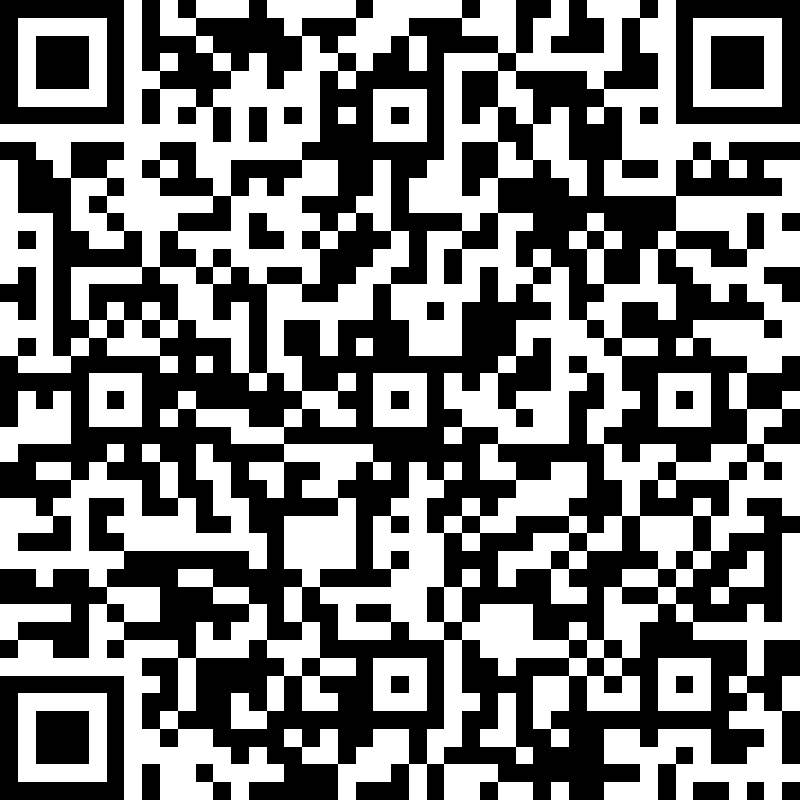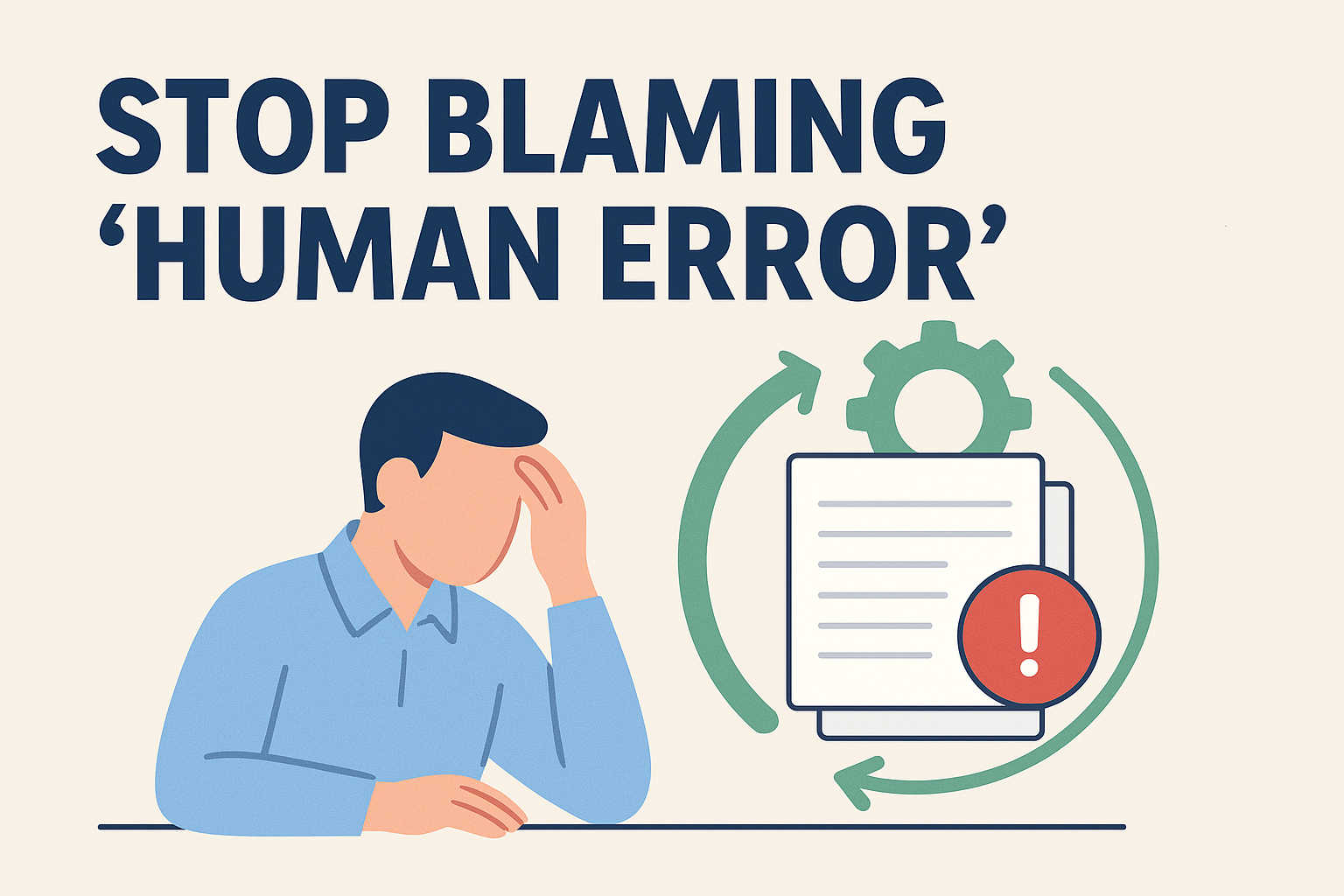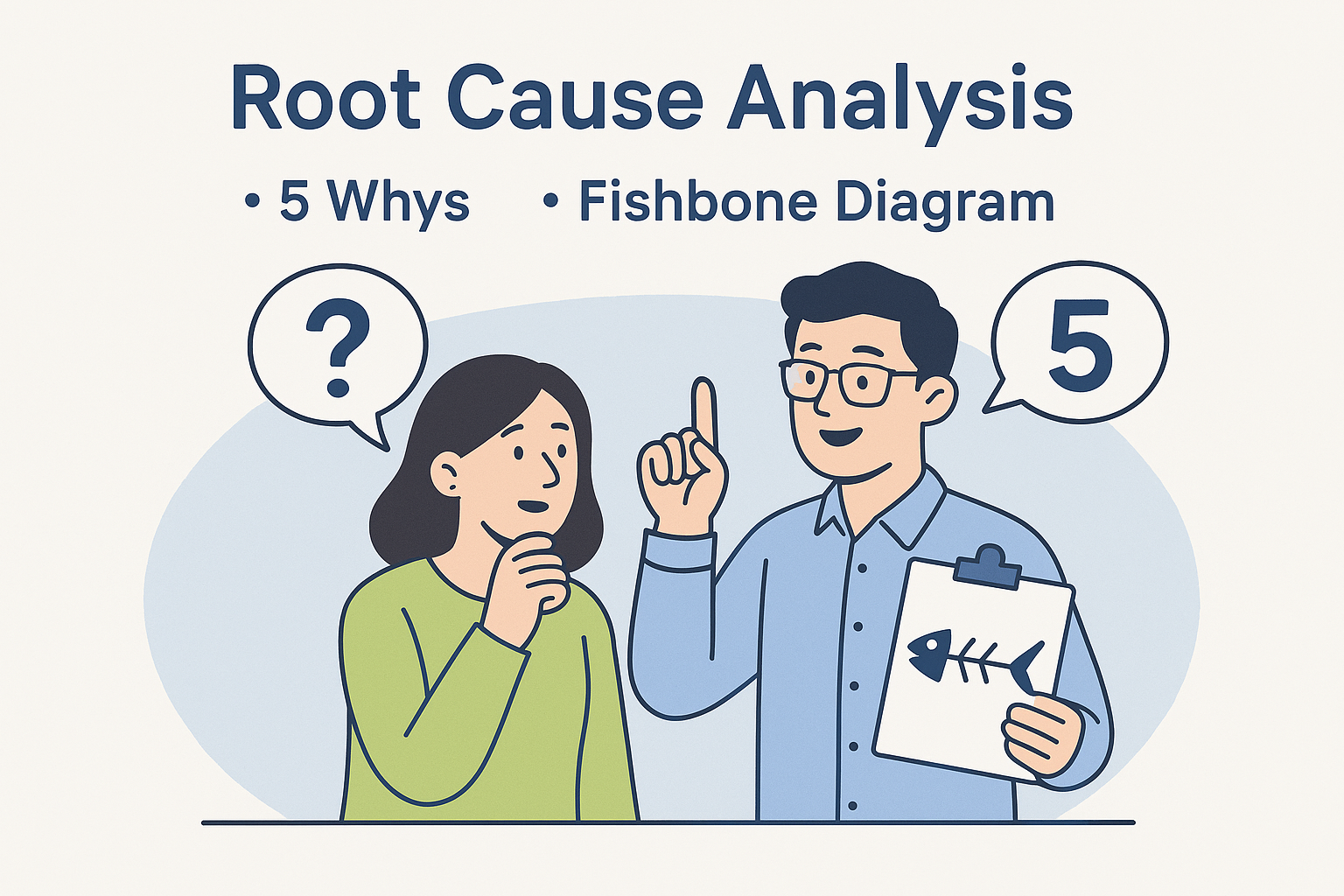Mohamad-Ali Salloum is a Pharmacist and science writer. He loves simplifying science to the general public and healthcare students through words and illustrations. When he's not working, you can usually find him in the gym, reading a book, or learning a new skill.
6 references to Master Pharmacology
Share
Pharmacology is the study of medications, and it is divided into two major branches:
- Pharmacodynamics: How medications affect our body.
- Pharmacokinetics: How our body affects the medications.
It can be also branched into many other sub-branches (pharmaco-toxicology, pharmacogenomics, pharmacogenetics, pharmacognosy, pharmaco-economics…..).
At the first glance, it may seem a very hard subject to study, especially when you see the daunting amount of medications that we have to memorize and know their details.
When you start studying it, you will realize it is really hard..no cap.
During my collage days, I realized this early on and wanted to master this hellish subject and pass it.
The advantage of studying from the below references is that you will master pharmacology. The downside is that IT TAKES A LOT OF TIME.
Here is a list of the references that helped me to understand this subject.
1) Bertram G. Katzung, Marieke Kruidering-Hall, Anthony J. Trevor - Katzung & Trevor’s Pharmacology Examination and Board Review-McGraw-Hill Education (Edition 13)
In my opinion this is the reference that every healthcare professional (HCP) should start from when studying pharmacology. What makes it special is that it is not too much detailed and at the same time it’s not too much briefed. This will help you to understand Pharmacology without going too deep where a beginner might get confused.
2) Symptoms in the Pharmacy A Guide to the Management of Common Illnesses by Alison Blenkinsopp , Martin Duerden , John Blenkinsopp
This reference is the one you should go for when doing the internship in the community pharmacy. It’s important to do it during the internship since you will be able to associate the cases you are observing in the pharmacy with the information you are studying in the reference.
This will allow you to memorize the information for longer time.
3) Case files. pharmacology by Toy, Eugene C.
This reference contains 56 clinical cases with USMLE-style questions. It will explain pharmacology briefly and will make you revise the chapters that you’ve studied in the previous references and highlight on the main points. It will teach you how to approach clinical problems.
4) Pharmacotherapy Handbook, Eleventh Edition 11th Edition by Terry Schwinghammer
In the previous three references you were studying pharmacology per drug class (opioids, analgesics, anti-inflammatory medications...). In the pharmacotherapy handbook you will understand the management of every disease and what drug what medications to give and WHY.
This reference will talk about a disease and how you will manage it with the most recently approved therapies. While studying you will realize that this handbook is rich in valuable clinical information.
5) Farideh Javid, Janice McCurrie - Clinical Physiology and Pharmacology_ The Essentials (2009, Wiley)
This reference will fill the gaps that were formed in your brain when you were studying pharmacology from the previous references. It will help the student to put the facts that he/she learned before into the deep memory. Testing your knowledge when solving clinical case studies will make you do connections between several chapters because a case study will describe a patient that has several comorbidities and that is taking medications from several classes. This will expose the students brain to more complex situations.
6) Goodman & Gilman Edition 13
This reference is literally a heaven of Information for health care professionals . It will provide you with everything you need to know about Pharmacology from A to Z. However, I don’t recommend to starting studying from it because it will confuse you more than it can benefit you. This reference is more recommended for healthcare professionals that want to go into depth in the chapters.
As a summary:
| Reference | Link |
|---|---|
| 1) Bertram G. Katzung, Marieke Kruidering-Hall, Anthony J. Trevor - Katzung & Trevor’s Pharmacology Examination and Board Review-McGraw-Hill Education (Edition 13) | Go to Book |
| 2) Symptoms in the Pharmacy A Guide to the Management of Common Illnesses by Alison Blenkinsopp , Martin Duerden , John Blenkinsopp | Go to Book |
| 3) Case files. pharmacology by Toy, Eugene C. | Go to Book |
| 4) Pharmacotherapy Handbook, Eleventh Edition 11th Edition by Terry Schwinghammer | Go to Book |
| 5) Farideh Javid, Janice McCurrie - Clinical Physiology and Pharmacology_ The Essentials (2009, Wiley) | Go to Book |
| 6) Goodman & Gilman 13e | Go to Book |
Resources:
1) Bertram G. Katzung, Marieke Kruidering-Hall, Anthony J. Trevor - Katzung & Trevor’s Pharmacology Examination and Board Review-McGraw-Hill Education (2019)
2) Symptoms in the Pharmacy A Guide to the Management of Common Illnesses by Alison Blenkinsopp , Martin Duerden , John Blenkinsopp
3) Case files. pharmacology by Toy, Eugene C.
4) Pharmacotherapy Handbook, Eleventh Edition 11th Edition by Terry Schwinghammer
5) Farideh Javid, Janice McCurrie - Clinical Physiology and Pharmacology_ The Essentials (2009, Wiley)
6) Goodman & Gilman 13e.
List of Services
ABOUT THE AUTHOR
Mohamad-Ali Salloum, PharmD
Share
Recent articles:





















